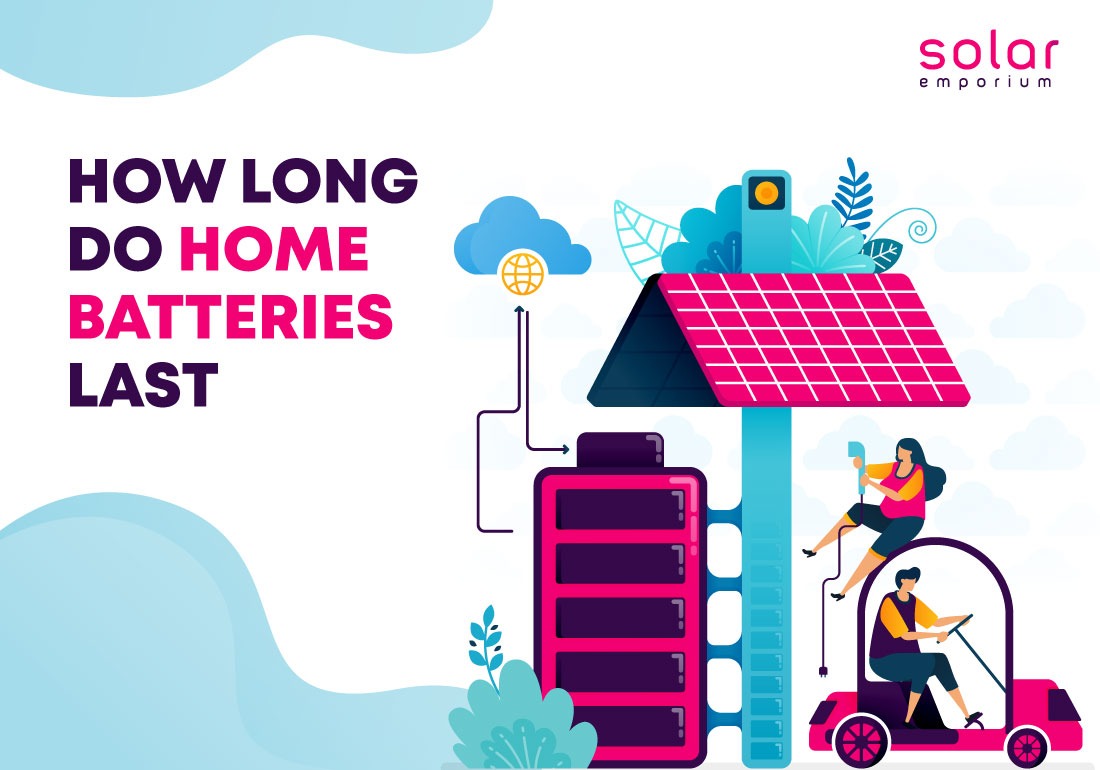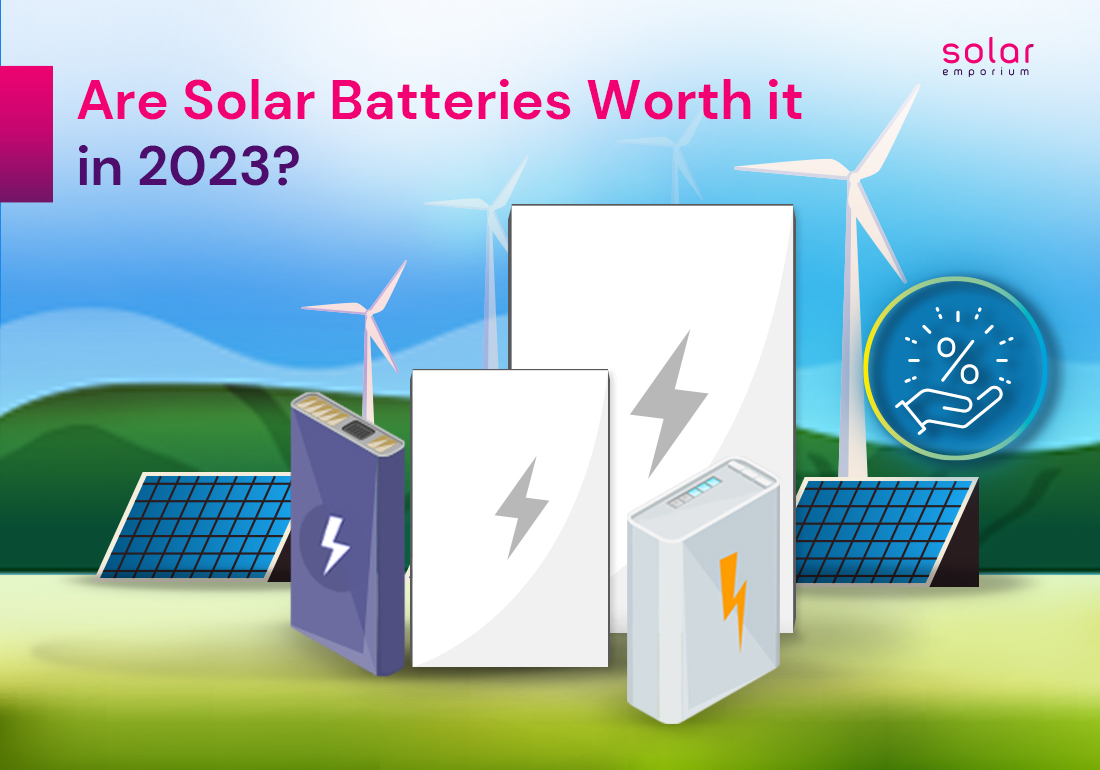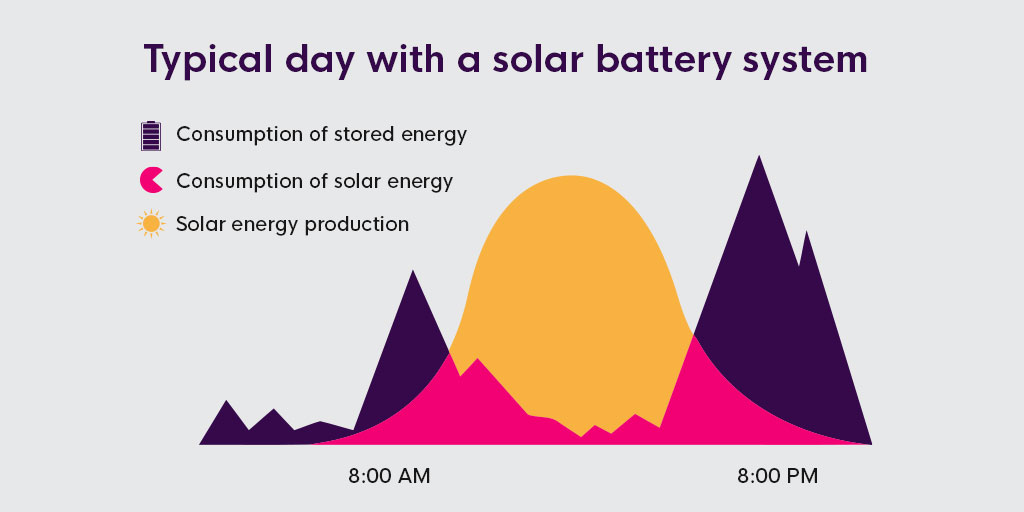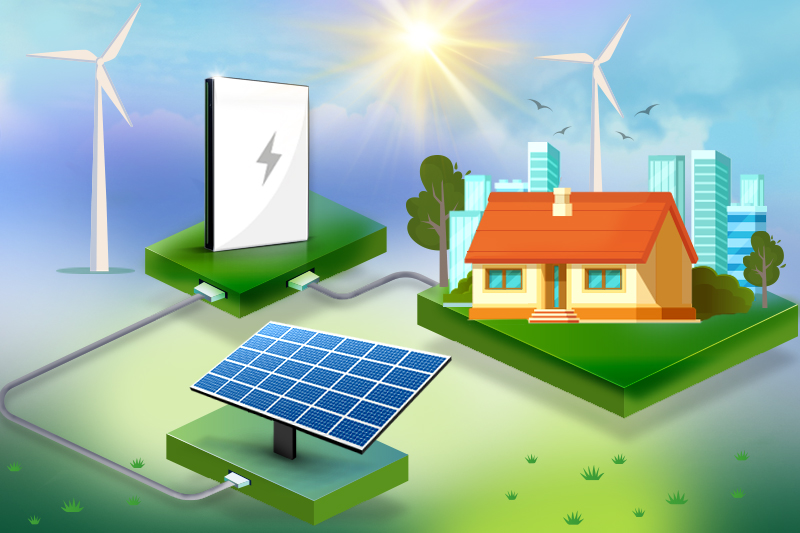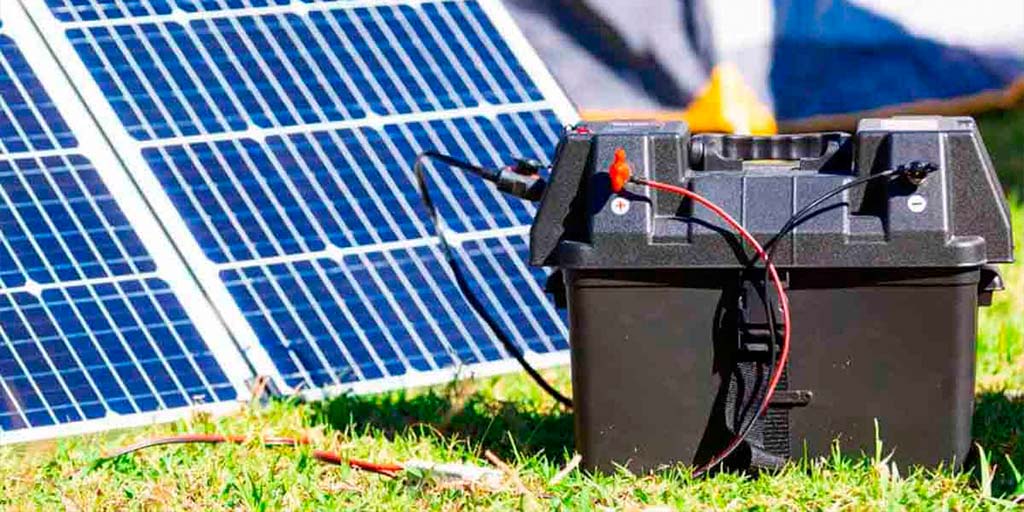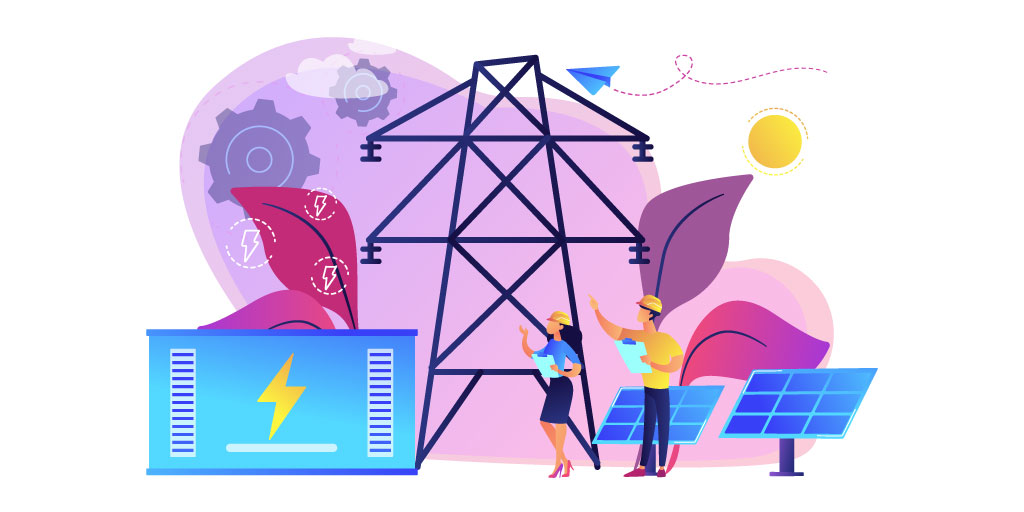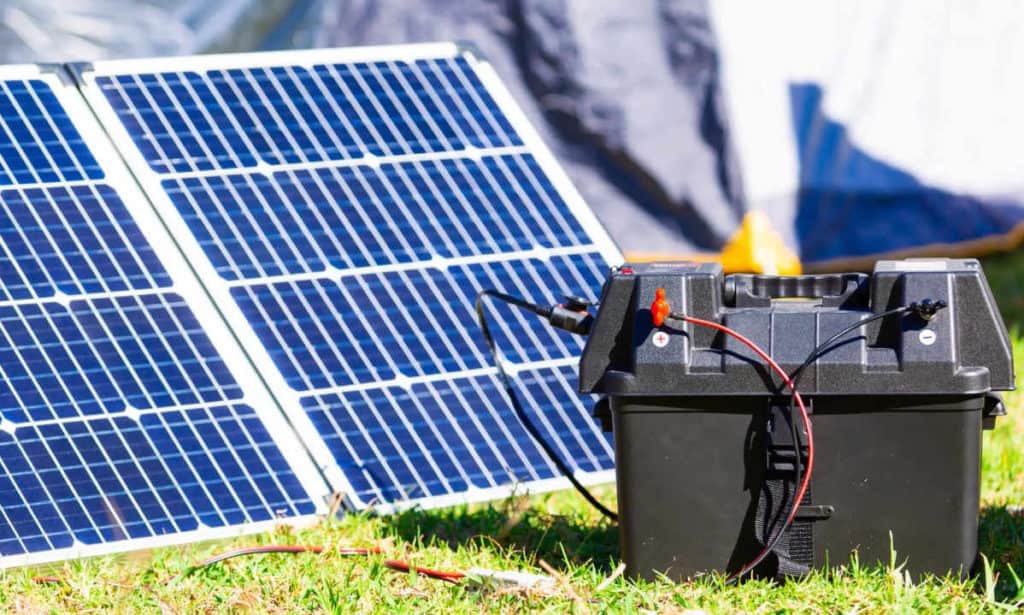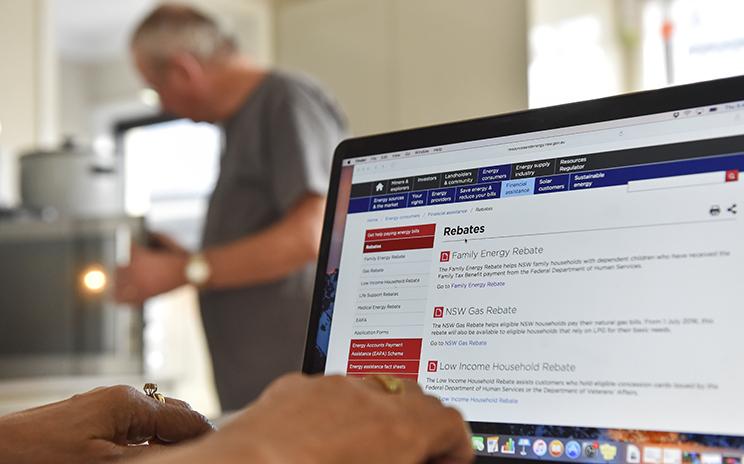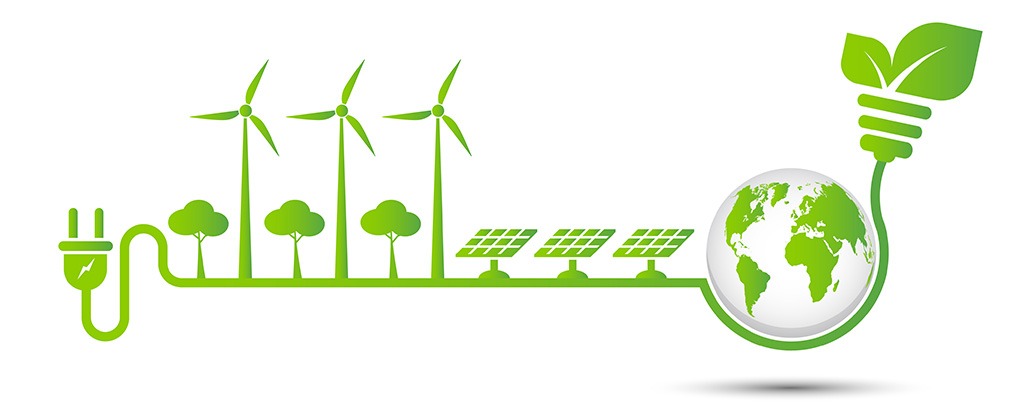Home solar batteries are the only way for anyone to become completely energy independent. In a circumstance where you are connected to the grid, you don’t have the authority to dictate your power usage and may lose access to it due to issues that are out of your control. A solar battery grants you complete control of your power usage, making you self-reliant.
And, of course, home solar batteries are an absolute necessity for an off the grid household.
With that comes the question, how long do home batteries last? Do solar batteries last as long as solar panels? Let’s find out.
Home Solar Battery Lifespan
On average solar batteries have a lifespan of 5 to 20 years. Although that depends on many external factors like the type of battery, full cycle usage, dependability, warranty and more. But you can expect your home solar battery if installed correctly and in good condition to serve you for at least 5 to 20 years.
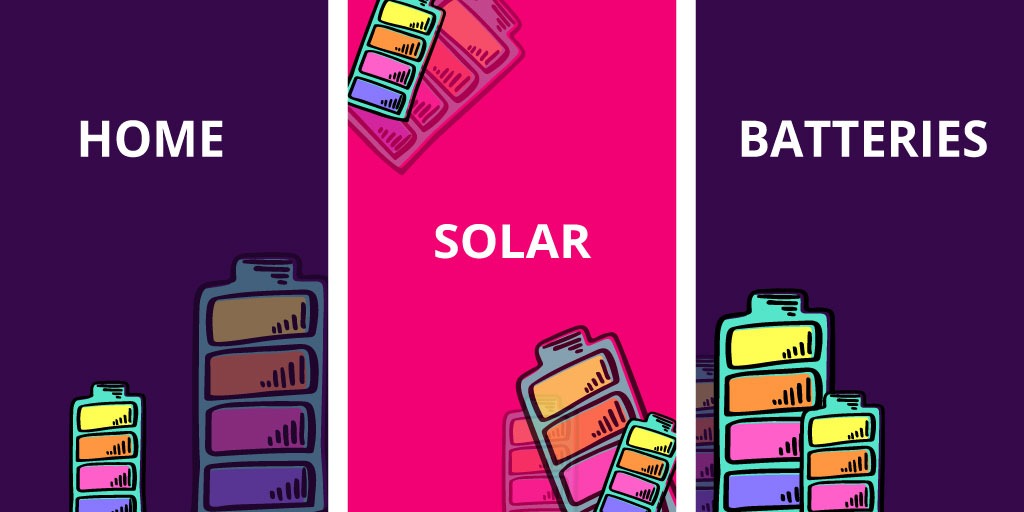
Within the lifespan of the battery, there are two stages of that in which the battery backup capacity is divided. Which are-
Useful Life of Battery- A solar battery has a limited number of uses before reaching the end of its “useful life.” When a battery falls short of meeting around 60% of its nominal storage capacity, it is generally considered to have reached the end of its usable life. At lower percentages, the battery could still be able to work, but it probably won’t supply enough charge to fulfil your needs.
Warranty Period for the Battery- Your solar battery’s warranty specifies how long it will be operating properly under typical circumstances. The warranty length can range from 10 to 20 years, depending on the brand and model of solar battery you buy, with the majority being set at 10 years from the date of installation. A solar battery’s warranty typically ends when it fulfills one of three criteria.
- Expiration of the warranty
- Reached capacity (throughput)
- Number of allocated cycles reached
Factors that Effect Solar Battery Lifespan
Battery type- There are many battery types available for solar energy storage. For example, Lead-acid batteries, lithium-ion batteries, flow batteries, nickel-cadmium batteries etc. Among all these battery types, lead acid batteries are by far the most popular choice because of their economical price point; however, they require regular maintenance and are prone to damage if not handled with care. On the other hand, lithium-ion batteries are also becoming popular recently.
Because Li-ion batteries are-
- Smaller in size
- Easy to maintain
- Has a greater DOD (Depth of Discharge)
- Offers more generic cycles to go through
- Has a longer lifespan
- Capable of fast charging
Despite the performance difference, lead acid batteries are still the most popular choice at the moment. But in future, the scenario might be in favor of the Li-ion batteries as there are many car manufacturing companies adopting to this change for the better. And the solar industry is also gravitating toward the shift because of the increased benefits.
Maintenance- It’s important to check up on your home solar batteries once in a while to make sure they are operating at their peak performance. Some type of batteries requires less assistance than others.
Full cycle number– When your home solar battery is fully charged once and drained entirely is considered one entire cycle. How many times one has repeated this cycle is a determining factor of how long will the battery last. Depending on whether you live on or off the grid, the number of cycles a day will drastically change.
Heavy usage Vs light usage- How many cycles you get from your battery will depend on your usage, and that can affect the battery life, as previously mentioned. So, if you decide to run a few appliances and light up your house using the battery, you expect to run through fewer full cycles per day. On the other hand, if you are a heavy user and run power-hungry appliances on the battery, you will run through more cycles, and your battery lifespan may decrease.

Home batteries are getting adapted by more and more people as the days go by. As they are capable of storing the surplus of energy generated by the completely green source, e.g., solar arrays, hydropower and wind. In order to become completely energy independent and to remove your carbon footprint, becoming self-sufficient with a home battery is the way to go.
Learn more about your energy pattern and how you also can become energy independent with one of our solar experts and claim a free consultation session today by clicking the get help button down below.
